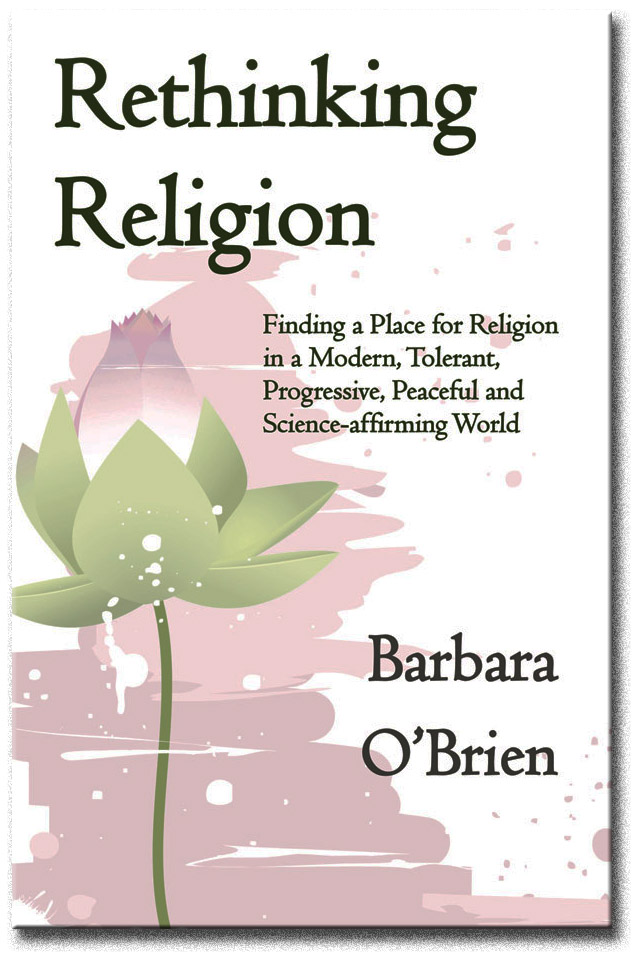The Buddhist practice of mindfulness is popping up everywhere, from mindfulness-based stress reduction (MBSR) programs to corporate seminars on employee productivity. New self-improvement applications for mindfulness seem to emerge every week.
This mindfulness movement does have its detractors, however, and some of those detractors are Buddhists. Let’s take a look at some of the issues surrounding mindfulness in the workplace and the military. For a look at the use of mindfulness in psychology, see The Mindfulness Controversy, Part 2: Mindfulness Therapy.
What Is Mindfulness?
Mindfulness is a direct, whole-body-and-mind awareness of the present moment. This awareness is pure awareness; it is not filtered through thoughts or interpretations. This awareness includes awareness of one’s body, of sensations, of one’s mental states, and of, well, everything.
In the context of Buddhism, mindfulness is one of eight “folds” of the Eightfold Path, which is the framework of all of Buddhist practice. For now, the important point is that all parts of the Path support and affect all other parts of the Path. So, for example, our intentions and ethical conduct have an impact on our practice of mindfulness, and vice versa. For that reason, from a Buddhist perspective, when mindfulness is practiced in isolation of the rest of the Path it already becomes something different from Buddhist mindfulness.
It’s also important to understand that as a spiritual practice, stress reduction may be a pleasant side effect of mindfulness practice, but that’s not what it’s for.
However, its not being “Buddhist” is not necessarily a problem. If mindfulness exercises based on Buddhist mindfulness are helpful to people, that’s great. So what are the objections?
Mindfulness in War and Work
Buddhists practice mindfulness on the job all the time. And now businesses, especially large corporations, are being sold on mindfulness as a great productivity tool. Mindful employees are focused employees. And mindful employees are less stressed employees, which leads to happier employees and even fewer sick days. Win/win!
But some are disturbed when they hear about giant corporations or even the military sending personnel to mindfulness seminars. This is partly because beneficiaries are nearly all upper level executives or valuable production staff, such as software engineers. People assembling products in third-world factories are not invited.
I have also heard objections to mindfulness training in the military. Are we training soldiers to be more focused and effective killers? I have no opinion without knowing more specifically how mindfulness is being used. If mindfulness is being used to help soldiers cope with traumatic stress, or to be more aware of surroundings and more likely to survive and come home, then let us not withhold our compassion from soldiers because we don’t approve of war.
Mindfulness and the Self
There is real concern about making mindfulness into a way to get ahead in the corporate world, which is considerably removed from its roots in Buddhism. In Buddhism, the practice helps us see the ephemeral and evanescent nature of the self. When mindfulness is practiced to improve or enhance the self, however, that really is a very different thing.
This takes us back to separating mindfulness from the rest of the Eightfold Path. Within Buddhist practice there is always a context shaped by the Buddha’s teaching — on ethics, on compassion, on selflessness. Mindfulness practices can have a powerful and unpredictable effect on the psyche. What happens when it is completely removed from those contexts?
It’s hard to say, frankly. Many Buddhist teachers have expressed concern that mindfulness uncoupled from teachings on the release of greed and anger and cultivation of loving kindness for other beings could reinforce negative qualities instead of positive ones.
Stirring the Soup
In an article at Wired.com titled “Enlightenment Engineer,” Noah Shachtman quoted Kenneth Folk, an influential meditation teacher in Silicon Valley: “All the woo-woo mystical stuff, that’s really retrograde,” Folk said. “This is about training the brain and stirring up the chemical soup inside.”
Teachers of the many Asian meditative disciplines have centuries of experience dealing with the effects of stirring the chemical soup. For most people, spending ten minutes a day doing mindfulness exercises will have only beneficial effects, yes. But it’s also the case that most of us have some nasty stuff in that chemical soup, and for some of us it doesn’t take much stirring to bring it to the surface. One suspects many recently minted mindfulness enthusiasts lack appreciation of this.
It’s also the case that, as with anything valued, lots of people with sketchy credentials are rushing forward to supply the demand. I’ve run into articles and advertisements about meditation instructors who do not appear to know what mindfulness is. For example, mindfulness has been promoted as a way of blocking out intrusive, negative thoughts, but that’s not right at all. Genuine mindfulness requires awareness and acknowledgment of negative thoughts and anything else going on in your head or senses. “Blocking out” is, by definition, just the opposite.
Note also that in Buddhism “mindfulness” and “concentration” are not the same thing. Indeed, Right Concentration is another section of the Eightfold Path. Focusing all your attention on a dot on your monitor, as one mindfulness expert advocates, is a concentration exercise, not mindfulness. Concentration exercises can be beneficial also, but one does wonder if these so-called experts have any idea what they are talking about.
That said, if you are not a Buddhist practitioner and your employer is making mindfulness training available, I wouldn’t hesitate to check it out and give it a try. Chances are you will get some good out of it.
[This article, written by me, was originally published on About.com’s Buddhism site, but since it was removed from their servers all rights revert to me, and I am posting it here.]



